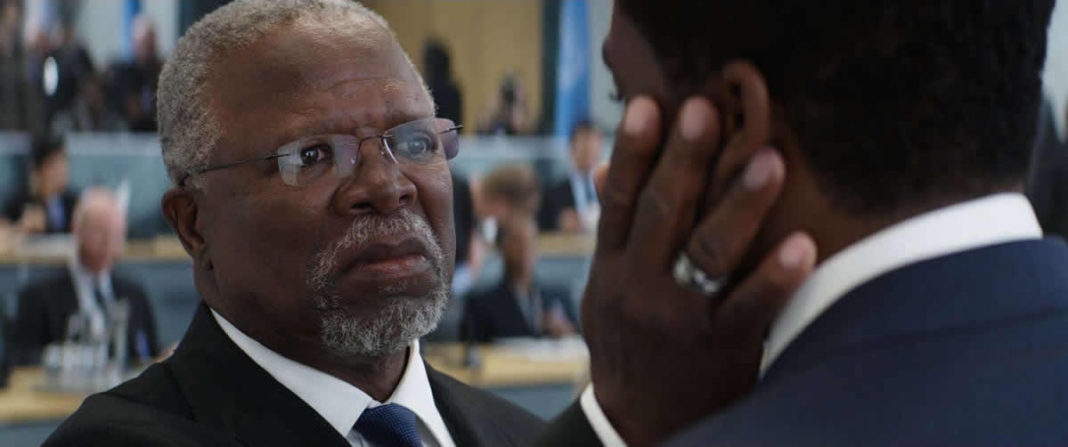Years ago, my family lived in a small house outside of Glasgow, Scotland. I was completing postgraduate work, so most of my time was spent with my family or my books. But as occasion would allow, I also enjoyed hiking with friends in the nearby hills.
On one such outing, two neighbors took me to the Campsie Fells. One of my guides was a university professor; the other was a retired police officer. During our excursion, the retired officer reminisced on his years with the Scottish police force. One question that he posed has stuck with me.
“Why do American police all carry guns?” he asked. After my attempted answer, he offered his own perspective: “We would never consider arming ourselves when I was a police officer. To do so would undermine our role and would jeopardize the relationship we wanted to build with the public.”
I am not suggesting that American police should or should not carry sidearms. But in a moment when cries to reform (or abolish or “defund”) the police have reached a historic volume, this outsider’s perspective reminds us that the American policing paradigm is not the only possible model. Nor is our current system sacrosanct.
Christians should not hastily dismiss calls for change—even calls to “defund” and redesign policing from scratch. Our faith teaches that the kingdoms of this world are broken. We should not be surprised, therefore, if American policing needs transformation. But if Christians intend to contribute to this debate, they should first revisit the Bible’s lessons on policing—beginning in the Old Testament Law. (Read Esau McCaulley’s companion essay about New Testament perspectives on policing)
God gave Israel his laws to teach them how to flourish as a community of love (Mark 12:28–34). Biblical laws are framed in terms of an ancient society. They are not composed for direct implementation in this New Testament age. But we can still learn from their wisdom. That includes their wisdom on policing.
Strictly speaking, there was no police force in biblical Israel; but there were systems for community policing. Two institutions are particularly noteworthy. First, emergencies were handled with the hue and cry. Second, non-emergency crises were handled by a kinsman-redeemer.
The Hue and Cry
The phrase hue and cry refers to a practice observed in many ancient societies, including Israel. Under this custom, a witness or victim of a crime was expected to cry out, and all within earshot were obligated to assist. The entire community was a “police force reserve,” activated by the alarm.
One example is found in Deuteronomy’s law concerning rape (Deut. 22:23–27). Under this law …
News brought to you by Christianity Today




